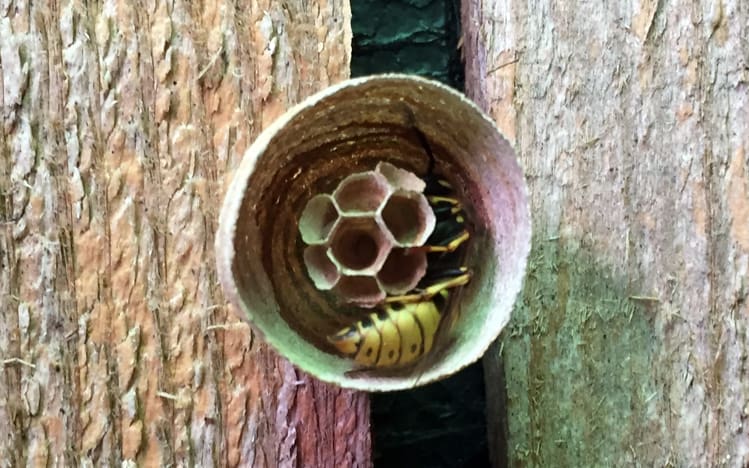
Watch Out for Wasps from Now Onwards
It’s difficult to think about potential threats from pests in and around your home when the headlines at present are all about coronavirus. However, pests of all kinds are still out there, and if you’ve got issues in your home, you still need to take steps to combat them.
Come March, one of the familiar summer pests starts to come into view once more. If you think about the warmer months of the year, one of the most inconvenient pests you’ll encounter is the humble wasp. Spotting them in March may seem odd, but it’s possible. The young queen wasps have spent the winter hibernating. The lighter mornings and (hopefully) warmer temperatures can disturb them. If they’re hibernating somewhere unknown inside your home or nearby, you could well spot them coming to life.
Where are you likely to spot them?
Wasps coming out of hibernation are most likely to appear at windows, around indoor lights, and possibly even around outdoor porch lights or security lights if you have them. They’ll likely appear close to their hibernation spot.
The good news is that you won’t need to worry about there being any active nests around at this point. It’s common to spot a wasp during the months from March to May and to be concerned about many more wasps being nearby. However, the queen’s task upon waking is to find somewhere to build her nest for the coming year.
If you spot an old nest, can you remove it?
Yes – a queen never returns to a nest she built in the past, so if an old nest is found, it can be safely removed.
Do all emerging queens succeed in building a new nest?
No – and this may surprise you, because most of them will die before they manage to complete their task. So, even if you spot a queen, and she begins to build a nest by gathering materials from around your garden or home, she may not succeed in her aim.
It’s important not to bother the wasps when you see them. This can make the rest of them angrier. If you believe you have a new wasp nest near your home and it is causing you some bother, call a pest control expert to get some advice. If you can possibly leave it in situ without being threatened by it, it could be the best approach.
